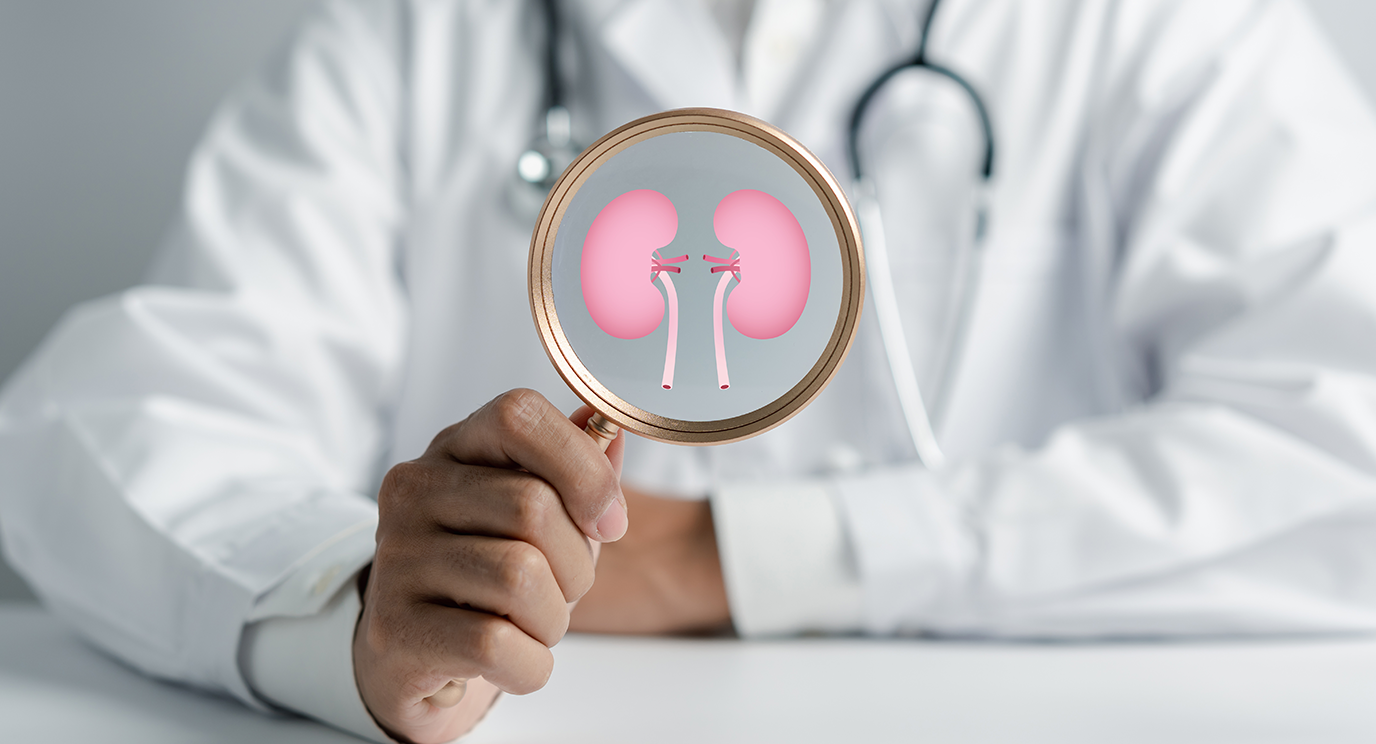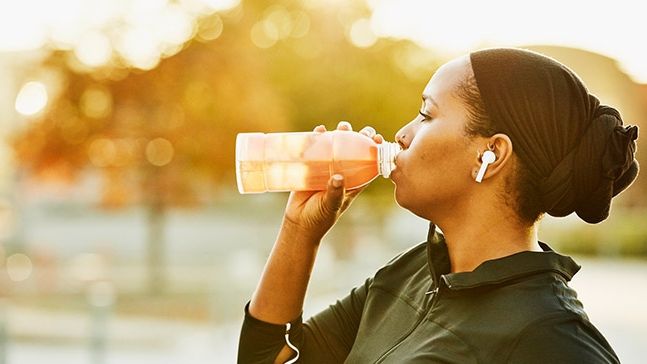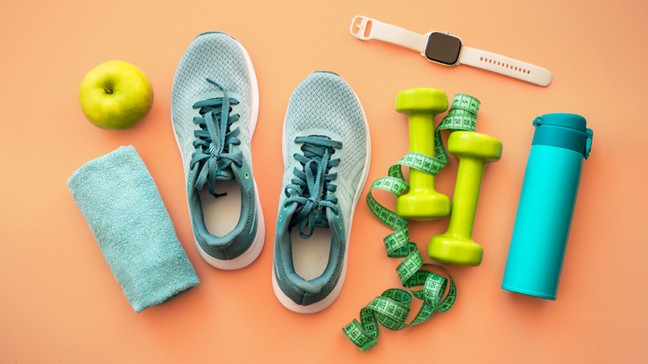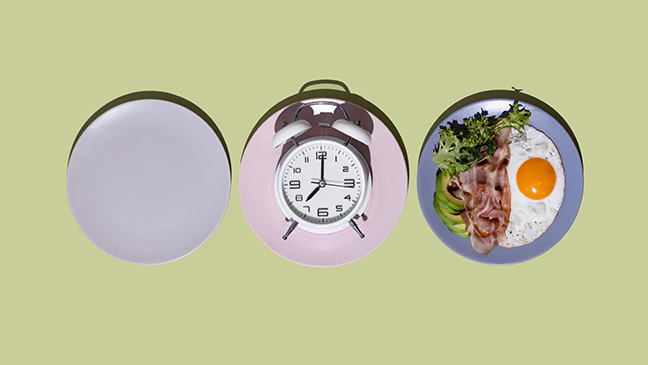- Diseases
- Acoustic Neuroma (16)
- Adrenal Gland Tumor (24)
- Anal Cancer (70)
- Anemia (2)
- Appendix Cancer (18)
- Bile Duct Cancer (26)
- Bladder Cancer (74)
- Brain Metastases (28)
- Brain Tumor (234)
- Breast Cancer (726)
- Breast Implant-Associated Anaplastic Large Cell Lymphoma (2)
- Cancer of Unknown Primary (4)
- Carcinoid Tumor (8)
- Cervical Cancer (164)
- Colon Cancer (168)
- Colorectal Cancer (118)
- Endocrine Tumor (4)
- Esophageal Cancer (44)
- Eye Cancer (36)
- Fallopian Tube Cancer (8)
- Germ Cell Tumor (4)
- Gestational Trophoblastic Disease (2)
- Head and Neck Cancer (14)
- Kidney Cancer (130)
- Leukemia (342)
- Liver Cancer (50)
- Lung Cancer (286)
- Lymphoma (278)
- Mesothelioma (14)
- Metastasis (30)
- Multiple Myeloma (100)
- Myelodysplastic Syndrome (60)
- Myeloproliferative Neoplasm (6)
- Neuroendocrine Tumors (16)
- Oral Cancer (102)
- Ovarian Cancer (178)
- Pancreatic Cancer (160)
- Parathyroid Disease (2)
- Penile Cancer (14)
- Pituitary Tumor (6)
- Prostate Cancer (150)
- Rectal Cancer (58)
- Renal Medullary Carcinoma (6)
- Salivary Gland Cancer (14)
- Sarcoma (238)
- Skin Cancer (300)
- Skull Base Tumors (56)
- Spinal Tumor (12)
- Stomach Cancer (66)
- Testicular Cancer (28)
- Throat Cancer (92)
- Thymoma (6)
- Thyroid Cancer (100)
- Tonsil Cancer (30)
- Uterine Cancer (86)
- Vaginal Cancer (18)
- Vulvar Cancer (22)
- Cancer Topic
- Adolescent and Young Adult Cancer Issues (22)
- Advance Care Planning (12)
- Biostatistics (2)
- Blood Donation (18)
- Bone Health (8)
- COVID-19 (360)
- Cancer Recurrence (120)
- Childhood Cancer Issues (120)
- Clinical Trials (628)
- Complementary Integrative Medicine (22)
- Cytogenetics (2)
- DNA Methylation (4)
- Diagnosis (238)
- Epigenetics (6)
- Fertility (62)
- Follow-up Guidelines (2)
- Health Disparities (14)
- Hereditary Cancer Syndromes (128)
- Immunology (18)
- Li-Fraumeni Syndrome (8)
- Mental Health (122)
- Molecular Diagnostics (8)
- Pain Management (62)
- Palliative Care (8)
- Pathology (10)
- Physical Therapy (18)
- Pregnancy (18)
- Prevention (936)
- Research (390)
- Second Opinion (78)
- Sexuality (16)
- Side Effects (616)
- Sleep Disorders (10)
- Stem Cell Transplantation Cellular Therapy (216)
- Support (408)
- Survivorship (328)
- Symptoms (182)
- Treatment (1788)
Neutropenic diets: What cancer patients should know
3 minute read | Published August 09, 2022
Medically Reviewed | Last reviewed by an MD Anderson Cancer Center medical professional on August 09, 2022
Some cancer treatments can weaken the immune system, making you more susceptible to infections. This means that cancer patients can often be in an immunocompromised, or neutropenic, state.
If you’re undergoing cancer treatment, you may wonder if changing your diet or eating plan to a neutropenic diet would help you avoid ingesting harmful bacteria.
We spoke with Sheila Vo, Room Service Call Manager and a clinical dietitian, to see what else cancer patients should know about neutropenic diets.
What is a neutropenic diet?
Neutropenia is a blood condition where you have fewer white blood cells, or neutrophils, which are an important part of the immune system. They help your body fight infections.
Neutropenic diets involve preparing, cooking and storing all foods in a specific way. These diets eliminate any raw or uncooked vegetables, fruit, meat or unpasteurized dairy products to reduce the risk of getting an infection from foodborne bacteria.
“Neutropenic diets can also be called ‘low-bacterial’ or ‘low-microbial’ diets,” explains Vo.
Why are neutropenic diets sometimes prescribed for people with weakened immune systems?
When raw foods aren’t cleaned or prepared properly, bacteria can move from the gastrointestinal tract to other parts of the body. This can cause infection in patients with weakened immune systems.
“Neutropenic diets used to be commonly prescribed for patients undergoing a stem cell transplant or leukemia treatment,” says Vo.
Which foods are safe to eat on a neutropenic diet? Which aren’t?
If you are following a neutropenic diet, you should avoid meat or eggs that are undercooked, unpasteurized dairy products, and uncooked/unwashed fruits and vegetables. It’s also important to not drink water that has not been distilled, filtered or boiled for at least one minute.
“You want to avoid eating any produce with a skin you can eat, like apples or cucumbers, unless you washed it thoroughly and peeled it,” says Vo. “But some fruits, like bananas or oranges, can be eaten raw after washing because the peel protects it from bacteria.”
Here are some foods that are typically part of a neutropenic diet:
- Commercially packaged cheese and cheese products made from pasteurized milk
- Canned meat or fish or meat spreads
- Well-cooked tofu
- Dried fruits
- Canned or bottled roasted nuts
- Frozen or canned fruits and vegetables
- Cooked pasta, rice and other grains
Should you follow a neutropenic diet?
When it comes to specific diets or food plans for cancer patients, Vo urges caution with a “one-size-fits-all” approach.
“Food safety during cancer treatment depends on the type of cancer and treatment,” says Vo. “Usually, we want our patients to eat as normally as possible. But sometimes, you do have to reduce your risk of infection from food contamination, particularly when your white blood cell counts are lower.”
Vo adds that the neutropenic diet has been studied for many years without a clear consensus from experts on whether it is beneficial for immunocompromised people.
“The most important thing is to discuss any dietary changes with your care provider,” says Vo.
Learn safe food practices
Regardless of the diet or food plan recommended by your care team, cancer patients should follow safe food practices and precautions when preparing and eating meals.
“When in doubt, ask your provider,” says Vo.
These safe food practices include:
- Wash your hands before, during and after food preparation and eating.
- Wash raw foods well before eating them.
- Avoid sharing food with other people.
- Check to make sure food is fresh. Do not cook with foods that look or smell bad.
- Cook meats, fish, poultry and eggs until well done.
- Do not keep refrigerated leftovers for more than three days.
- Keep cold foods at or below 40 degrees Fahrenheit. Keep hot foods above 140 degrees Fahrenheit.
- Clean all cooking and eating utensils, tools and dishware before and after use.
Request an appointment at MD Anderson online or by calling 1-877-632-6789.

The most important thing is to discuss any dietary changes with your doctor.
Sheila Vo
Clinical Dietitian





